There are a few things to keep in mind before traveling to Thailand, and I have highlighted some important information so you can be ready for an epic trip!
Planning a trip to Thailand is like opening a treasure chest filled with golden beaches, vibrant street markets, ancient temples, and mouthwatering cuisine.
If you’re embarking on your first adventure to the Land of Smiles, you’re in for an unforgettable experience.
From bustling Bangkok to serene Chiang Mai, Thailand offers a diverse tapestry of experiences that caters to every traveler’s desires.
If traveling from the U.S., your flight to Thailand is bound to be long!
Check out my tips for surviving long international flights.
Let’s dive into the best Thailand travel advice!
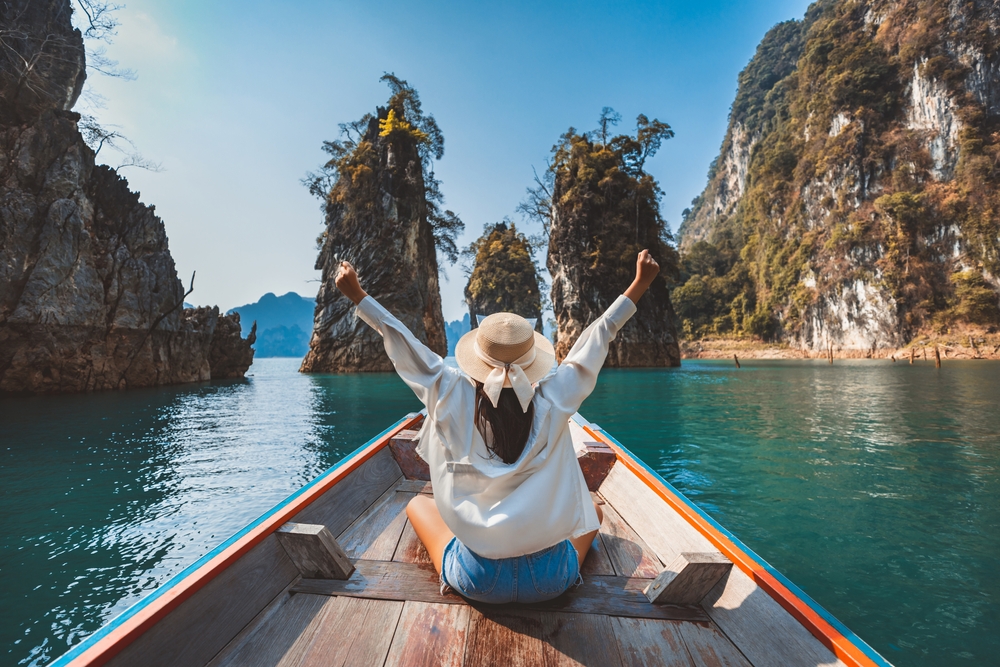
Traveling To Thailand: 20 Things You Need to Know
Check On Your Country’s Visa Entry/Exit Requirements
Visa requirements for Thailand vary based on the country. Make sure to check your specific country’s requirements beforehand.
Do U.S. citizens need a visa for Thailand? Generally, no.
U.S. passport holders can enter Thailand without a visa for tourism purposes and stay up to 60 days if arriving by air or land.
You also need a booked flight out of the country.
If you want to stay longer, you can apply for a 30-day extension for a fee.
Always check the latest entry requirements before your trip, as Thailand travel visa policies can change.
The Royal Thai Embassy’s official website provides up-to-date information on visa requirements and application procedures.
Book Here: Khao Lak: Phang Nga Bay & James Bond Island by Longtail Boat
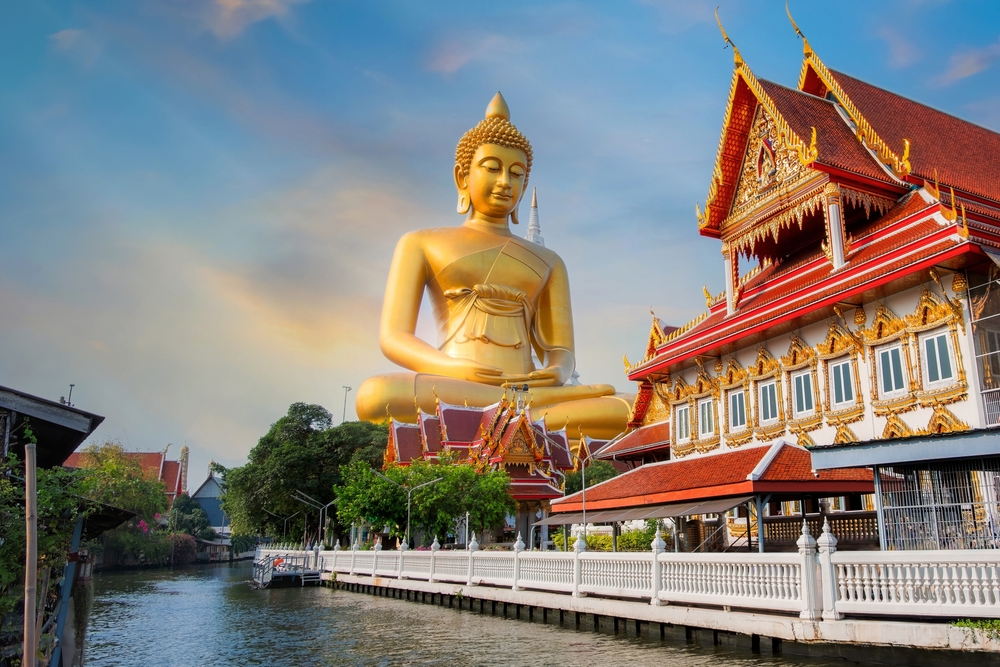
Passport Validity And Entry To Thailand
Before booking your flight, ensure your passport is valid for at least six months beyond your intended date of entry into Thailand.
Immigration authorities may deny entry if your passport doesn’t meet this requirement.
Additionally, it’s recommended to have at least one blank page in your passport for entry stamps.
If your passport is nearing expiration, consider renewing it well in advance of your trip.
U.S. passport renewal can take several weeks, so plan accordingly to avoid any last-minute issues.
Book Here: Phuket: Phang Nga Bay Bioluminescent Plankton and Sea Canoes
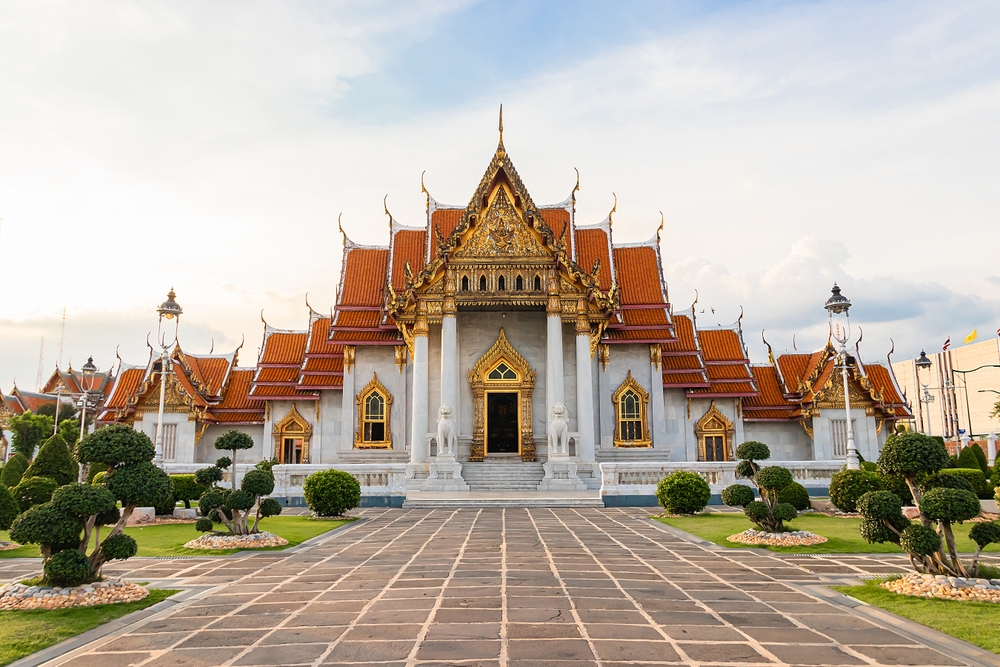
Buy A Thai SIM Card or eSIM
Staying connected while traveling is essential!
Upon arrival in Thailand, you have the option to purchase a local SIM card or use an eSIM if your phone supports it.
Local SIM cards are widely available at airports, convenience stores, and mobile service provider shops.
For those with unlocked phones, purchasing a SIM card allows you to have a local Thai phone number and access to data services.
If your phone supports eSIM technology, you can opt for an eSIM, which eliminates the need to swap SIM cards physically.
Keep in mind that eSIMs are not compatible with all phones.
If you use a data-only eSIM, you will not be given a local phone number, but you can make calls with WhatsApp or other apps.
Popular providers in Thailand include AIS, DTAC, and TrueMove.
My phone provider is T-Mobile, and it offers a generous international plan. Check with your phone carrier.
Book Here: Spiritual Sunrise: Wat Doi Suthep, Pha Lat, Alms, & Meditation

Currency And Payment Methods
The official currency of Thailand is the Thai Baht (THB).
While credit cards are widely accepted in urban areas and tourist spots, it’s a good idea to carry some cash, especially when visiting local markets, rural areas, or smaller establishments.
ATMs are readily available in cities and towns, and many accept international cards. However, be aware of potential foreign transaction fees.
To avoid these, consider withdrawing larger amounts at once or using a travel-friendly bank card that offers fee-free international withdrawals.
When paying with a credit card, always choose to be charged in Thai Baht rather than your home currency to avoid unfavorable exchange rates.
I often visit my local bank at home before my trip to exchange money.
Book Here: From Chiang Mai: Chiang Rai Temples and Golden Triangle Tour
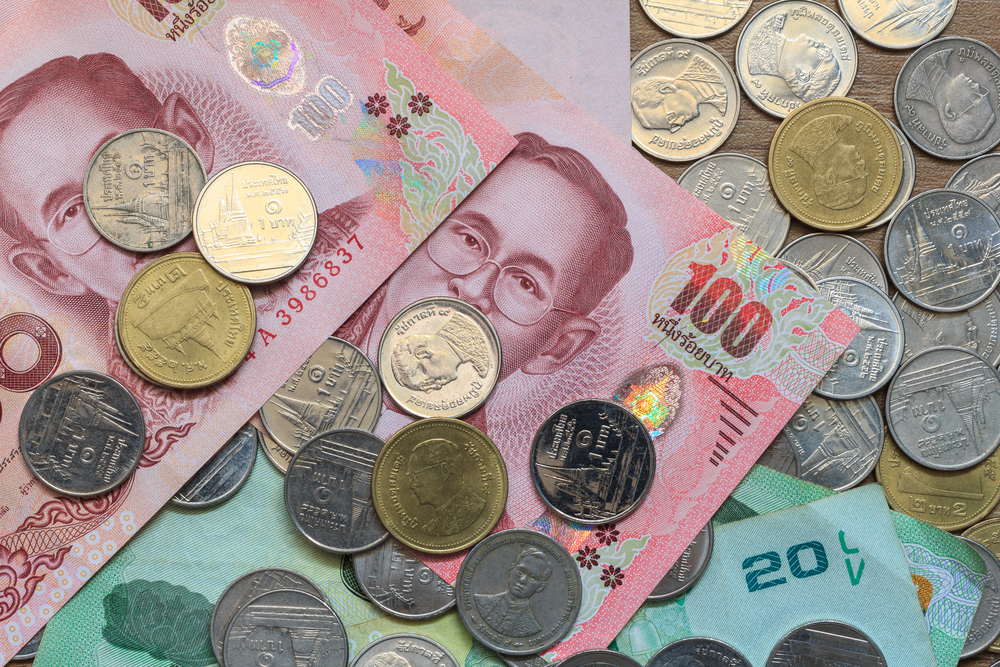
Let Your Bank Know You’re Traveling
With all the fraud alerts these days, your card could be flagged and shut off if you’re suddenly making purchases in Bangkok or Chiang Mai.
Don’t forget to call your credit card company or set a travel notice online before your trip.
There is nothing worse than going to pay and getting declined.
Plus, dealing with getting the card unlocked can be such a hassle during your Thailand vacation.
Book Here: Ko Samui: 4WD Wild Jungle Safari Tour with Lunch
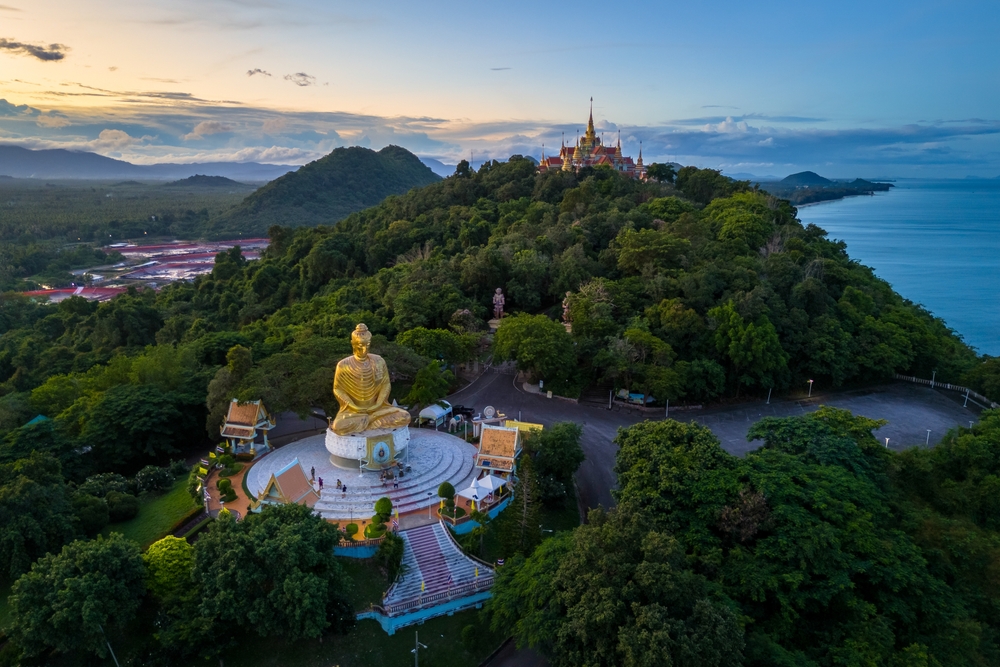
Best Time To Visit Thailand
Thailand’s seasons can affect your travel experience.
The best months to visit are November through February, when the weather is cooler (by Thai standards), dry, and ideal for beach lounging or temple-hopping.
March to May is brutally hot, and June to October brings the rainy season—still beautiful, but you’ll want to plan indoor activities as a backup.
Book Here: Khao Sok: Private Longtail Boat Tour at Cheow Lan Lake
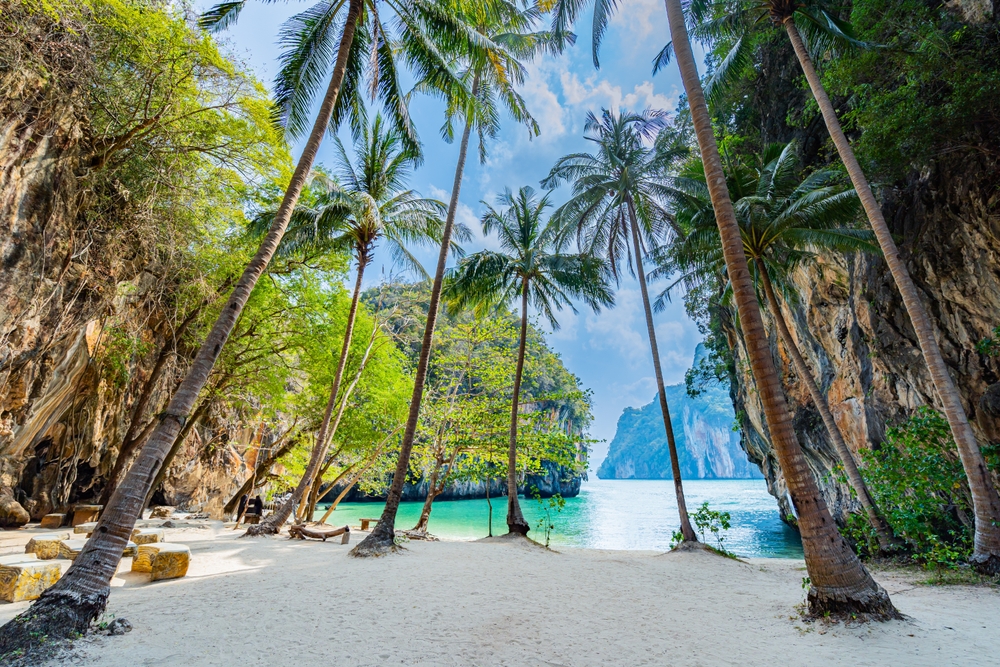
What To Wear In Thailand
You don’t need to overhaul your wardrobe, but you do need to be mindful, especially at temples.
Shoulders and knees should be covered, and shoes must come off at temple entrances.
That said, it’s hot and humid. Pack lightweight, breathable clothes as well as sandals, a rain jacket, and a swimsuit.
Don’t forget comfy walking shoes for long market strolls and jungle treks.
Book Here: Koh Samui: Sunset Trail Horse Riding on The Beach
Traveling To Thailand: Essentials Packing List
Here are my tips on how to pack lightly when traveling to Thailand.
This unisex RFID-blocking concealed travel pouch is lightweight and comes in several colors.
These RFID sleeves are another solution.
This Anker high-speed phone charging battery is the exact one I carry with me on all of my trips.
My daughter gifted me this FugeTek selfie stick and tripod setup for my birthday. It is made of lightweight aluminum and is so easy to use.
I never leave home on a trip without my Bobble filtration bottle. The 18.5-ounce size is perfect for exploring.
And the replacement carbon filter ensures fresh, clean water whenever you fill the Bobble.
Then this collapsible silicone foldable water bottle would also work well for you.
This foldable water-resistant backpack would be great for a daily go-pack.
These quick-dry slip-on Aqua shoes will be useful when heading to the beaches in Thailand.
These men’s quick-dry trunks are essential.
For women, this one-strap one-piece bathing suit is amazing.
Consider bringing along quick-dry super-absorbent microfiber towels.
This wet-dry bag with handles is a good option.
These unisex polarized sunglasses come in many lens colors and frame designs and are extremely affordable, too.
If you like aviator-style sunglasses, these polarized aviators may interest you.
As an Amazon Affiliate, I earn from your qualifying purchases.
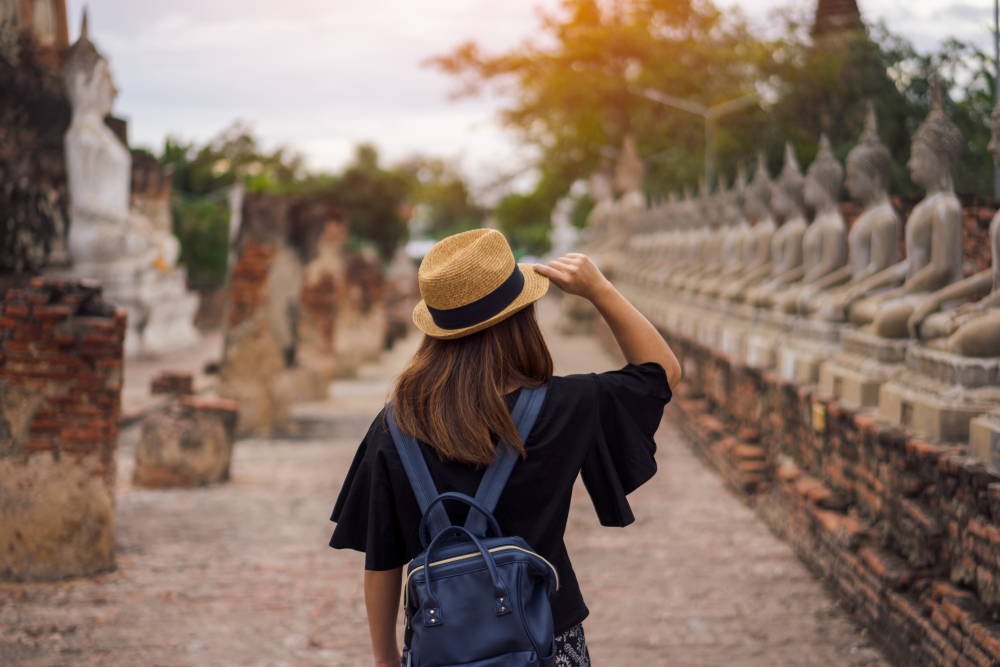
Traveling To Thailand: Bring A Travel Adapter
Thailand uses plug types A, B, C, and O. As the U.S. uses types A and B, a travel adaptor is not generally needed, but I still suggest bringing a universal adaptor just in case.
Keep in mind that the voltage in Thailand is 220V as opposed to America’s 110 to 120V.
Most modern electronics (think phone and laptop chargers) automatically handle the voltage difference, but check your device’s label. Items like curling irons and hair dryers may need a converter.
Book Here: Ko Tao: Try Scuba Diving 1-Day Experience

Is Thailand Safe To Visit?
For the most part, Thailand is very safe for tourists! It is one of the safest countries in Southeast Asia, especially for women.
Violent crime is rare, and the locals are incredibly friendly.
That said, petty theft can happen, especially in crowded areas or tourist hubs like Phuket or Bangkok.
Stay aware of your belongings, and you’ll be fine.
Book Here: Koh Lipe: Longtail Boat Snorkeling Trip with Lunch
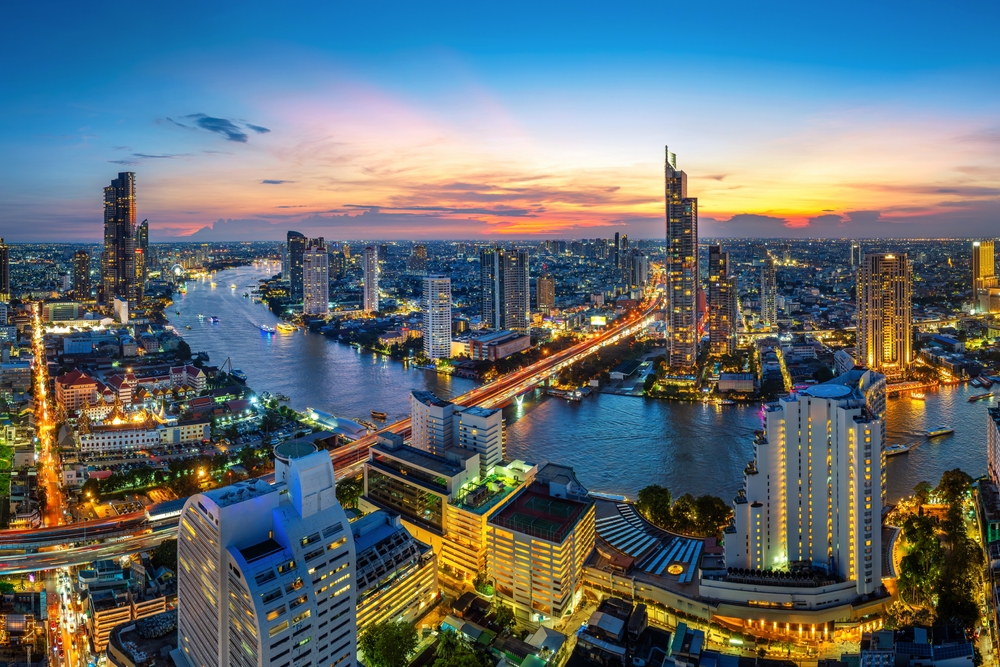
The Tap Water Is NOT Drinkable
Don’t drink the tap water in Thailand, even if it has been boiled.
Bottled water is cheap and widely available. Be sure to use purified ice, too.
If you are eating out and unsure, you can always ask about the ice quality.
Use bottled water to brush your teeth, too, just to be safe.
Accidentally ingesting tap water may lead to stomach issues that can dampen your trip to Thailand, so just be wary.
Book Here: Koh Samui: Mu Ko Ang Thong Park Cruise with Kayaking Option
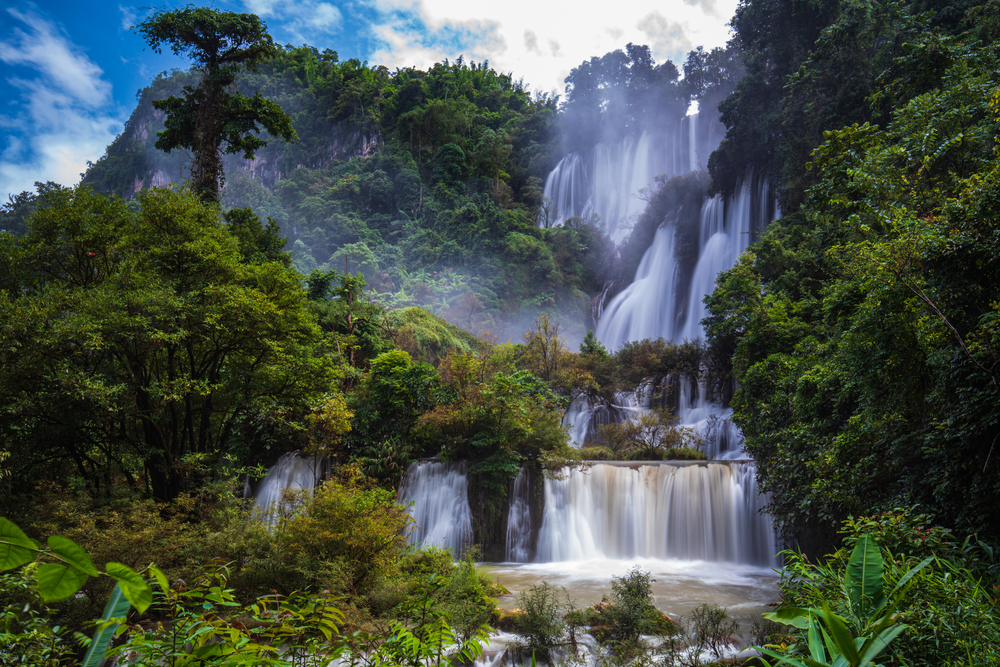
Is There A Language Barrier?
Thai is the official language, and while many locals speak basic English (especially in tourism-heavy areas), don’t count on fluency.
Many signs, menus, and transportation information are available in English, especially in tourist hotspots.
However, in more rural areas, English may be less prevalent.
Make sure to have Google Translate installed and download the Thai language for offline use.
You can use the app to take pictures of menus and signs, and it will translate them quickly.
You can also use it for conversations.
Learning a few Thai phrases like khop khun ka (thank you) goes a long way. Hello is sawasdee ka (for women) or sawasdee krub (for men).
Book Here: Chiang Mai: Kingkong Smile Zipline with Lunch and Transfers

Save Money By Eating Street Food
Street food in Thailand is not only safe, it’s some of the best food you’ll ever have!
Skip the fancy restaurants and grab pad Thai, mango sticky rice, or a spicy papaya salad for just a couple of bucks.
Street food vendors are found all over, and exploring the markets is a great way to delve into local culture.
Tip: If a stall is busy with locals, it’s fresh and delicious!
Book Here: Chiang Mai: Cooking Class, Market and Thai Herbs Garden Tour
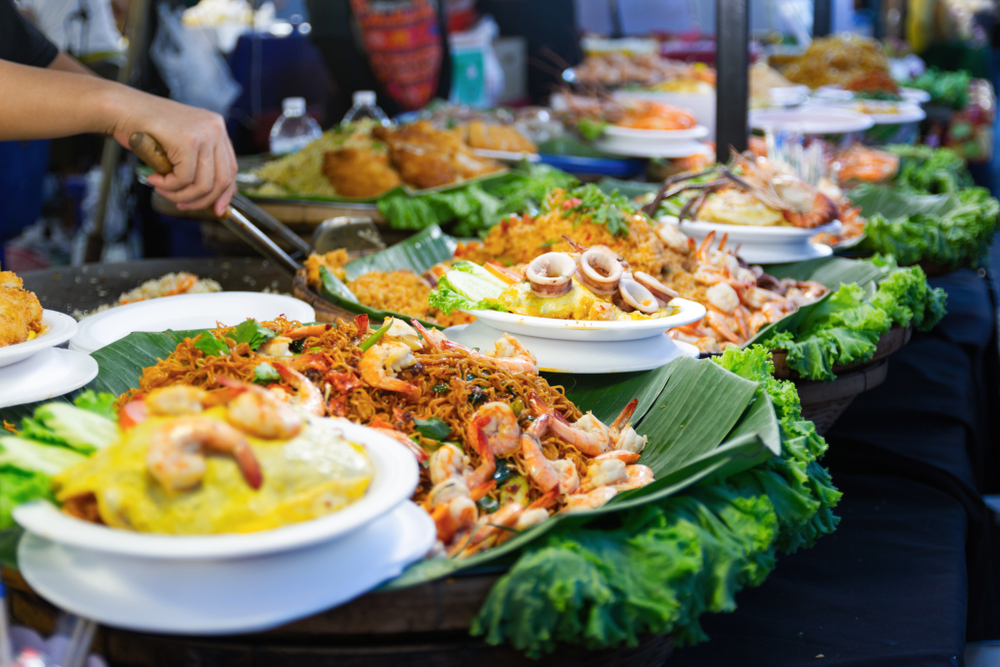
Eating with Restrictions? No Problem!
Vegan? Gluten-free? You’ll be okay, but you’ll need to do a little homework.
Big cities like Bangkok and Chiang Mai have dedicated vegetarian restaurants, and many places understand dietary needs.
Use the HappyCow app to find options near you.
Book Here: Bangkok: Damnoen Saduak Market and Maeklong Railway Market
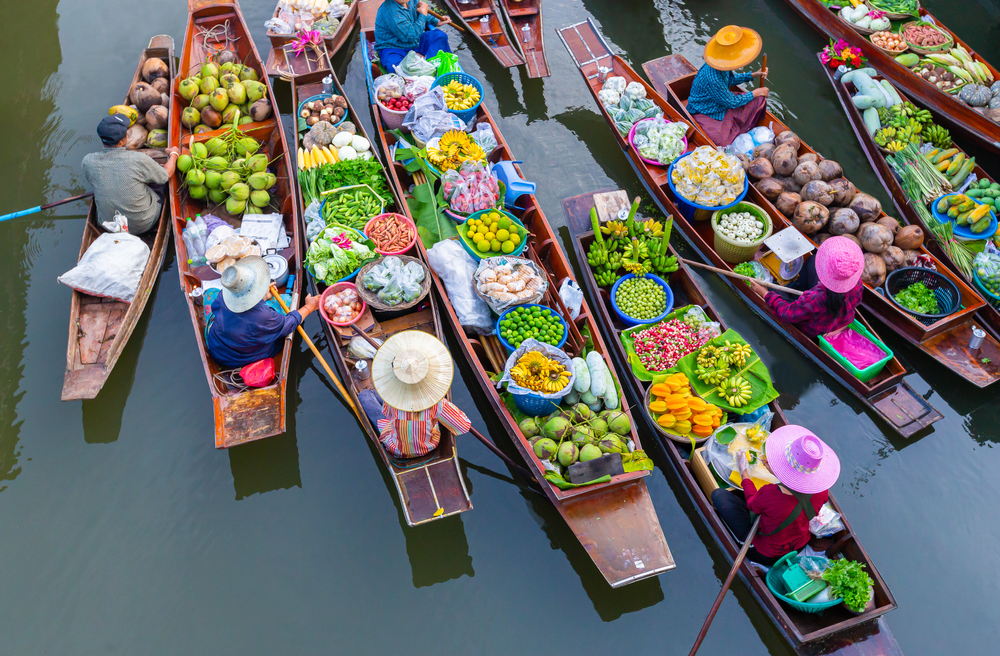
Tipping Isn’t Required—But Appreciated
Tipping isn’t customary in Thailand, but in touristy areas or upscale restaurants, it’s becoming more common.
A small tip (10% or so) is always appreciated, especially for excellent service.
Simply rounding up to the nearest dollar is an easy way to tip as well.
Check out my tips on how to avoid getting sick on a plane!
Book Here: Phuket: Maya, Phi Phi, and Bamboo Island with Buffet Lunch
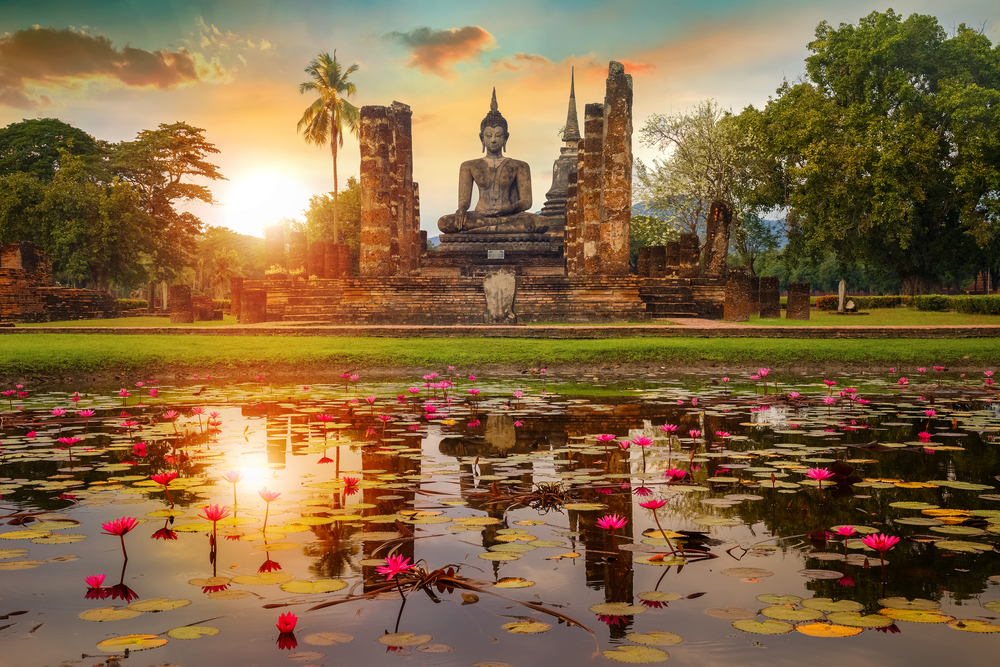
Public Transport Is Surprisingly Easy
Thailand’s rail network is extensive and offers scenic routes, especially the overnight trains to Chiang Mai.
Booking in advance is recommended for popular routes.
Bangkok has a great BTS Skytrain and MRT subway system.
The trains are cheap, clean, and air-conditioned.
You can use cash or get a Rabbit Card for convenience.
Tuk-tuks and songthaews (shared trucks) are colorful, open-air vehicles iconic in Thailand.
They’re ideal for short trips within cities.
Always agree on the fare before getting into a tuk-tuk to avoid being overcharged.
Both local and long-distance buses are affordable. VIP buses offer more comfort for longer journeys.
Book Here: Chiang Mai: Chiang Rai Temples Day Trip with Hot Springs
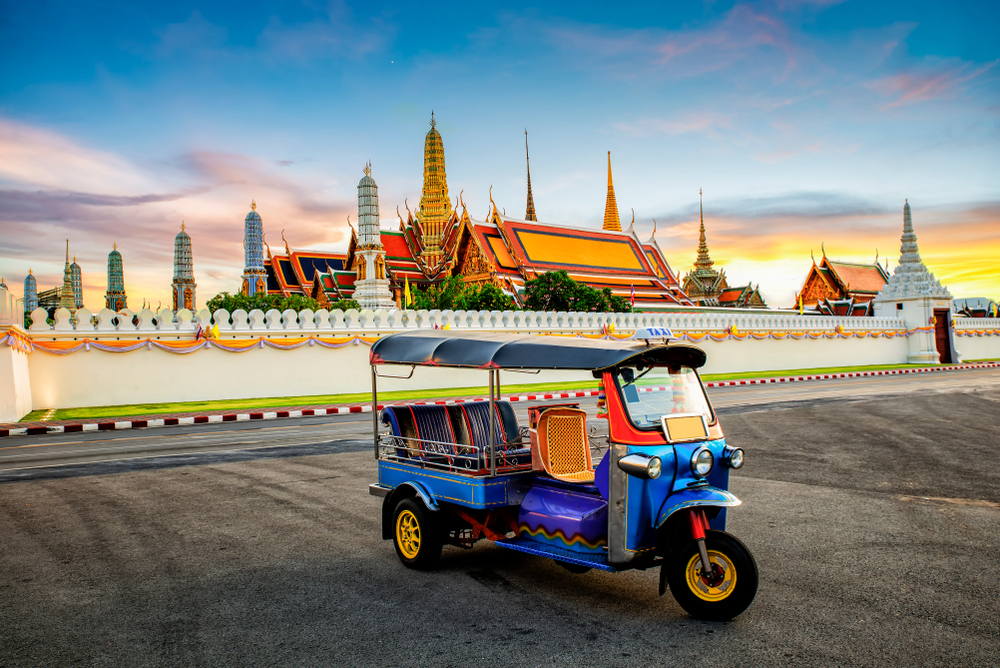
Use Grab Instead Of Uber
Uber doesn’t operate in Thailand, but Grab is the go-to rideshare app.
Download it before you arrive, and connect your credit card to avoid fumbling with cash.
The app is easy to use and ideal if you do not speak Thai.
The price will be easily displayed, and you can be sure to get where you want to go.
Taxis are also common and relatively cheap in Thailand, but I suggest using Grab for the convenience and to avoid scams or overpaying.
Book Here: Krabi: Tiger Cave Temple, Emerald Pool and Hot Springs Tour
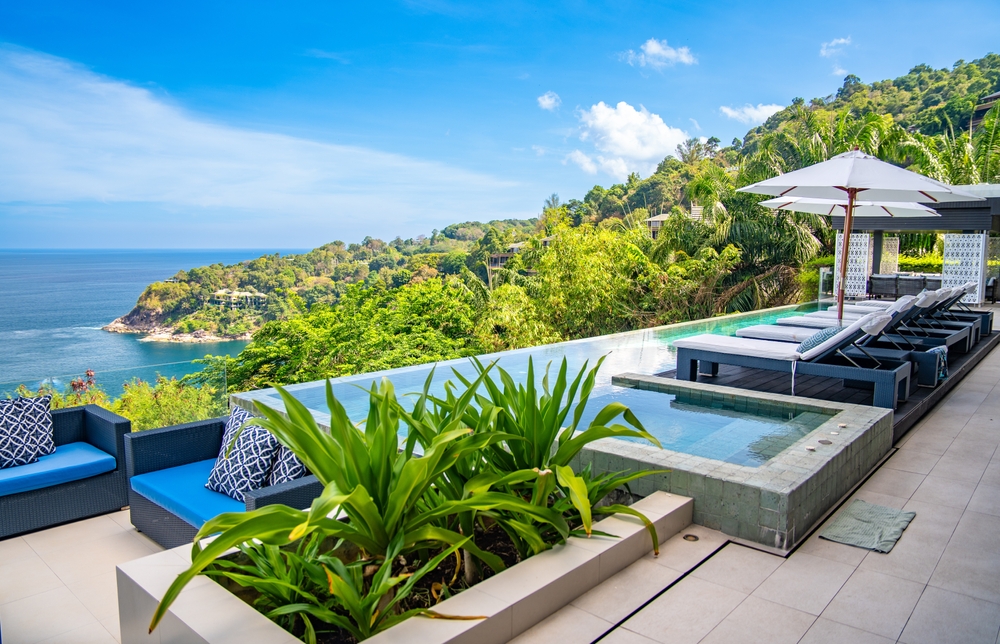
You’ll Do A LOT Of Walking
From night markets to temple hopping, you’ll be walking a lot in Thailand!
Pack supportive shoes and don’t underestimate the heat. Early mornings and late afternoons are your best times to explore comfortably.
Bring along a water bottle to stay hydrated as well! Make sure to stretch at the beginning and end of the day. Take breaks throughout the day if needed.
Book Here: Chiang Mai: Doi Inthanon National Park Eco-Friendly Tour

Trash Cans Are Rare
Thailand is generally clean, but public trash bins are oddly scarce. Carry a small bag to hold wrappers or tissues until you find a place to throw them out.
You may need to wait until you return to your hotel to throw things away.
Book Here: Krabi: Premium 4-Island Day Trip by Longtail Boat with Lunch
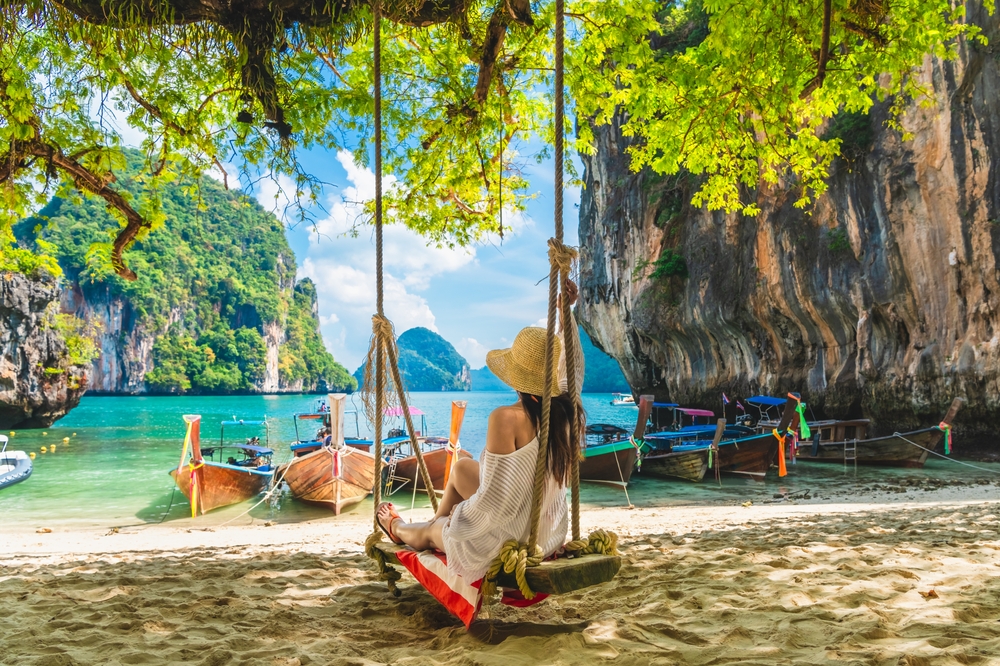
Traveling To Thailand: Avoid Animal Tourism
Many animal tourism operations in Thailand—especially those involving elephant rides, tiger selfies, or monkey shows—are unfortunately built on cruelty and exploitation.
The animals face harsh training methods, small cages, and chains.
That doesn’t mean you have to skip seeing animals altogether.
Thailand is still one of the best places to experience wildlife in a compassionate, ethical way.
Just make sure to do your research in advance!
A good rule of thumb? If an animal is performing for tourists, being touched or ridden, or kept in an unnatural environment for entertainment, it’s probably not ethical.
Avoid any place that offers performances, rides, or close-up photo ops.
Book Here: Phuket: Elephant Jungle Sanctuary Ethical Feeding Experience

Book Tours And Attraction Tickets Online
Want to visit the Grand Palace, take a Thai cooking class, or go island-hopping? Book your experiences in advance online to skip long lines and score discounts.
Guided tours are a great way to explore Thailand.
Knowledgeable guides know the best places to go and can teach you about local culture and history.
Depending on the tour, transportation might be included as well, making things much easier.
I suggest making reservations through GetYourGuide, which has a ton of options. It is user-friendly, and many tours offer free cancellation.
Book Here: From Bangkok: Ayutthaya Temples Guided Tour with Lunch
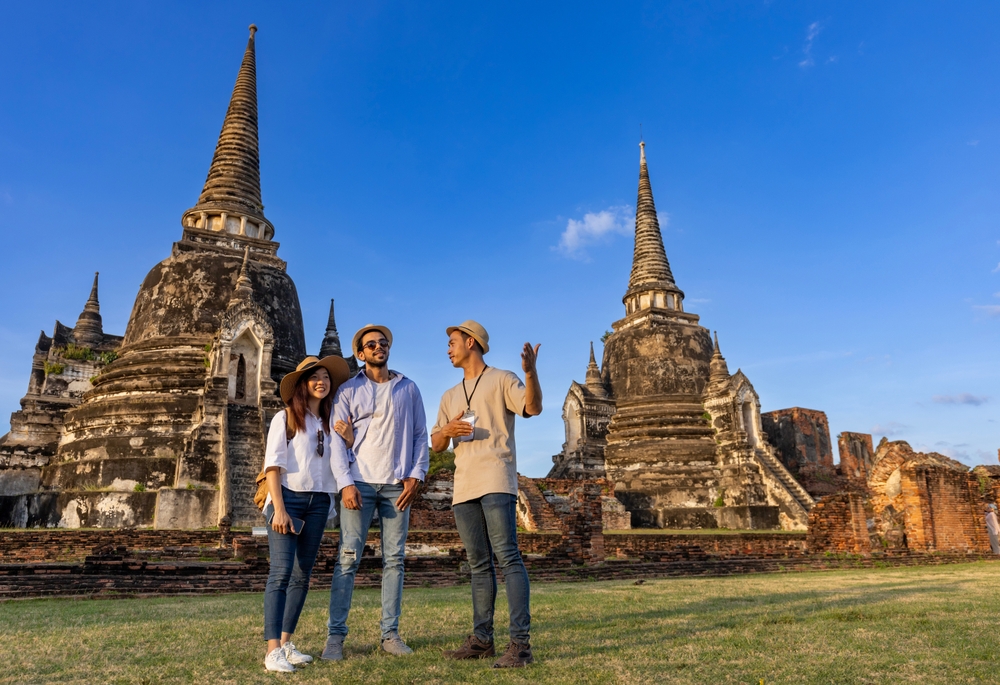
Traveling To Thailand: Where To Stay
Bangkok
Travelodge Sukhumvit 11
Want luxury without the price tag? Book a room at the Travelodge Sukhumvit 11 in Bangkok!
With a rooftop pool overlooking the city, a fitness center, comfy rooms, and free, private parking, you will have everything you need for a great stay in Thailand.
Check Rates: Travellodge Sukhumvit 11
Eastin Grand Hotel Phayathai
The Eastin Grand Hotel Phayathai is in a great location and features an infinity pool, spa, fitness center, sun terrace, and restaurant.
The property is full of elegant touches with rooms that offer city views and modern amenities.
With a 24-hour front desk and concierge service, everything is sure to go smoothly.
Check Rates: Eastin Grand Hotel Phayathai
Chiang Mai
Lee Chiang Hotel
Lee Chiang Hotel is a fantastic, affordable option for solo travelers and couples.
The rooms have everything you need for a comfortable stay, including AC, a mini fridge, and an electric kettle.
Rental bikes allow you to explore the city like a local.
Check Rates: Lee Chiang Hotel
Aksara Heritage -SHA Extra Plus
For a beautiful property and luxury amenities, book a stay at Aksara Heritage -SHA Extra Plus in the heart of Chiang Mai.
The hotel features a saltwater swimming pool, sun terrace, restaurant, and bars.
Check Rates: Aksara Heritage -SHA Extra Plus

 Traveling to Greece: 20 Things You Need To Know
Traveling to Greece: 20 Things You Need To Know